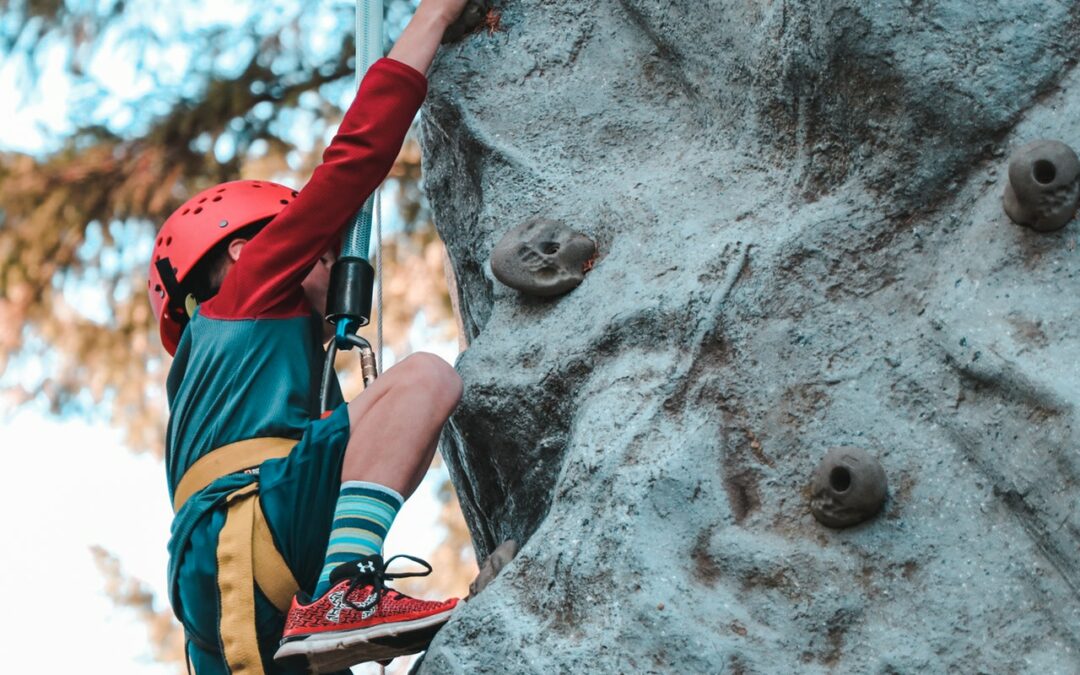
How to Develop Grit and Why It’s More Important than Talent
How to Develop Grit and Why It’s More Important than Talent
Grit is passion and perseverance tied to achieving meaningful goals. It is the ability to persist against all odds about something you are passionate about and to persevere when you face obstacles.
“Grit is not about intense emotions or infatuation; it is the kind of passion tied to achieving purposeful goals.”
Grit gives you the willingness to face challenges, in spite of fear. Every person has this essential personality trait by birth, but due to certain personal, domestic, and societal reasons, this trait fades away in some people. Grit is important to be successful in all aspects of life, while a lack of grit can become a hindering force to progress.
Grit is also synonyms with leading a prosperous life. The good news is that grit can be developed and increased. Here are two ways to develop more grit.
Know the Importance of Grit
First of all, it is essential to know what you want out of life and how grit will play an important role to achieve your goals. Second, it’s helpful to identify the areas where you feel unsatisfied in. your life and come to grip with how your fears may not be allowing you to dream big.
“A cornerstone to activating more grit in your life, is to dare to dream big.”
Thirdly, you should set the goals for your career, relationships, and life. Write it down and set a time frame. When you have a clear idea of what you actually want, you can develop a plan to get there.
Sometimes we can’t build up our grit for action because we have failed to calculate the cost of inaction. Knowing the price that we have to pay for letting certain fears control our life leads to re-creating it to meet your needs, and knowing where, when, and how to apply grit.
Identify Fears
Fears are not bad. They protect you against real threats, like walking too close to the edge of a cliff — the fear of falling to your death is a healthy fear.
The kind of fears worth identifying are those that at times keep you stuck. Fears of being rejected, humiliated, or found out as inadequate become a halt in the ways of expressing yourself. It’s ego-based fears that we want to develop grit against.
Acknowledging your fears is an act of grit in itself and is important to get rid of them. When you know your enemy, you can develop a plan to fight and win against it. Our enemy in life are fears, and our job is to figure out the reason for them. Sometimes, a bad experience from the past can cause a certain fear to play out over and over in our mind, and can falters our ability to have courage, and apply grit for an entire life.
To beat the fears, after you’ve acknowledged them, is to then recognize your strengths.
“Recognition of your strengths is equally important to knowing your fears. Everyone has some edge over both in some way.”
Recognizing your strengths would induce faith in yourself and become a positive approach that you can count on in all aspects of life.
Keeping in mind the fears, their causes and your strengths, you can then develop a concrete plan towards achieving your goals and rely on your grit to see you through.
It is impossible to get over all your fears at once, but when you know the clear direction you wish to take, you can develop a feasible plan focused on climbing the mountain, one step at a time. Start with daily objectives, stretch them to weekly, and then monthly, and longer over time. Each step you take build up your ability to develop more grit.
Certain attitudes, behaviors and thinking patterns suppress our grit. It is important to be positive in yourself. Focus on the positives and ignore the negative vibes coming from the people who are not clapping for your success.
“Never compare yourself with others, as you are unique, and have your own strengths.”
Believe in these strengths to expand your grit and take risks. Your grit would take you to the horizons of success. In case of failures along the way, embrace them. Stay calm, think about the reasons, ratify them, and keep moving.
Talent Not Required
Many people believe that in order to be successful you have to have talent and intelligence. While those attributes are helpful, grit is the ultimate equalizer because it is a force to help you achieve success, independent of how smart or talented you are.
To truly manifest the life you want, you need perseverance. Without grit, talent may end up being un-manifested potential. It is only with consistent and persistent application of effort (grit) that intelligence and talent can become skills that will lead you to success.
It’s also very helpful to have heroes in your life. When it comes to heroes you can cast the character you wish to become in the future and begin to live as if you are that hero. You can read more about how to become your own hero in by clicking here.
Grit doesn’t mean doing things alone. Ask for help and ask often. Asking for help shows a level of self-awareness to our limitations, and a commitment to our growth. Rather than thinking of asking for help as a sign of weakness, see it for what it is — a commitment to growing.
Search out those that have accomplished what you are attempting to do or have tackled the issue you need help with. To get to the next level of your aspirations, you’ll need to ask help from those who have already reach that level. If you want to learn how to ask for help and get it, you can check out my previous blog by clicking here.
To recap how to develop more grit, it is crucial to know yourself. Admitting your fears and acknowledging the strengths would help you develop an action plan and positive attitudes towards a more grit filled personality. Having someone to look up to as a hero can help you develop more grit, and finally asking for help from those who have already displayed grit is a sure way to help you be a successful person in every aspect of your life.

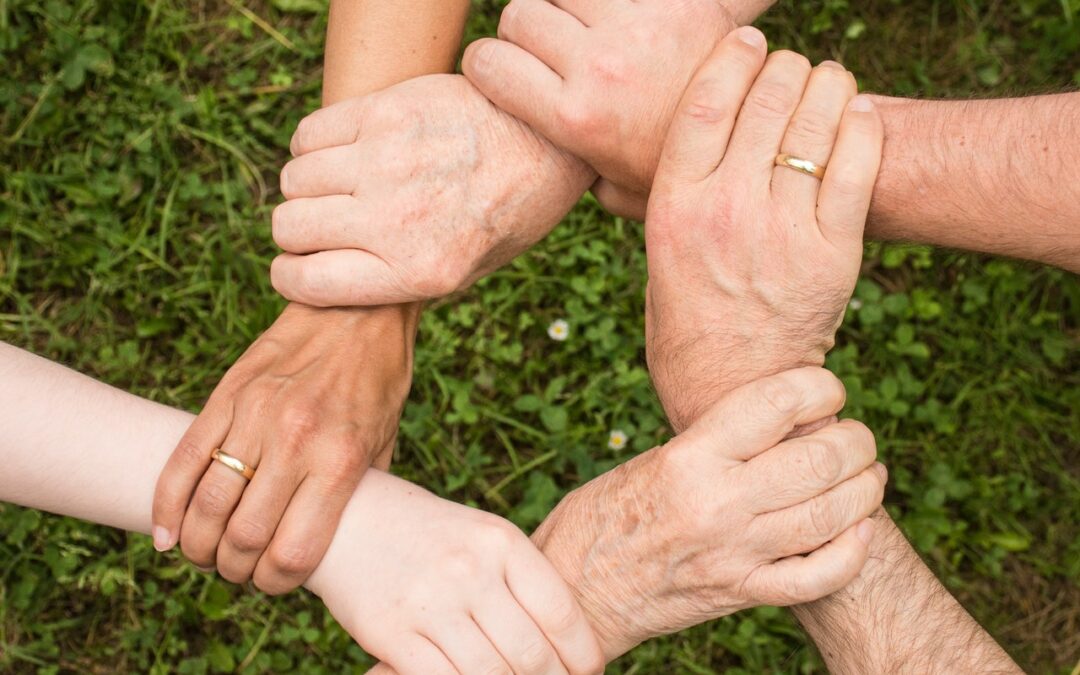
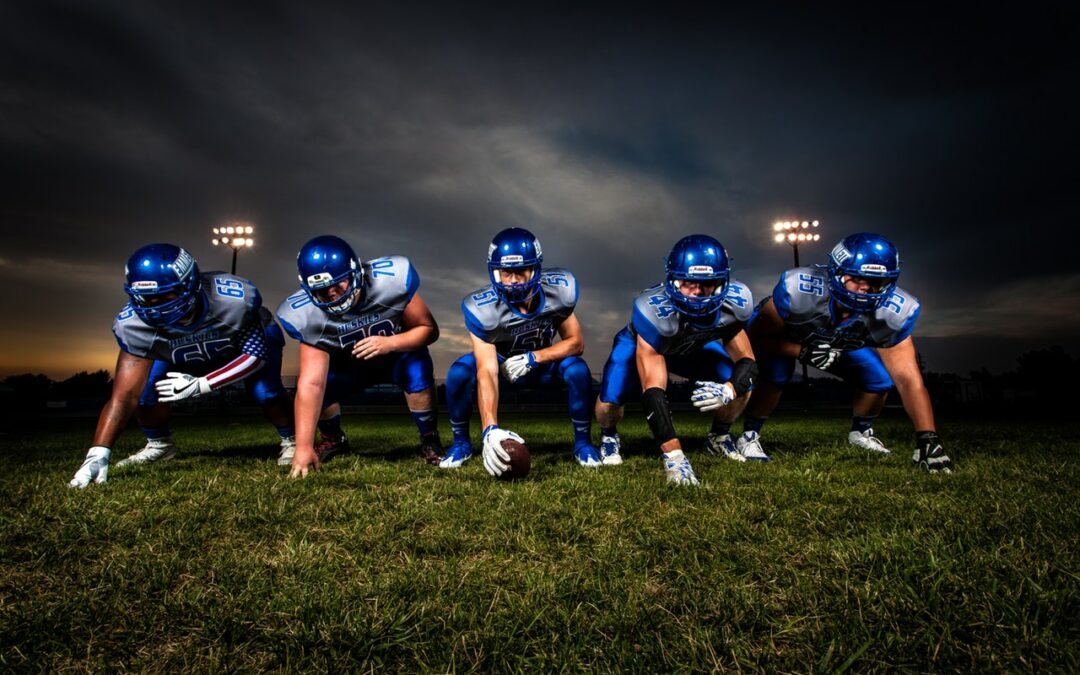
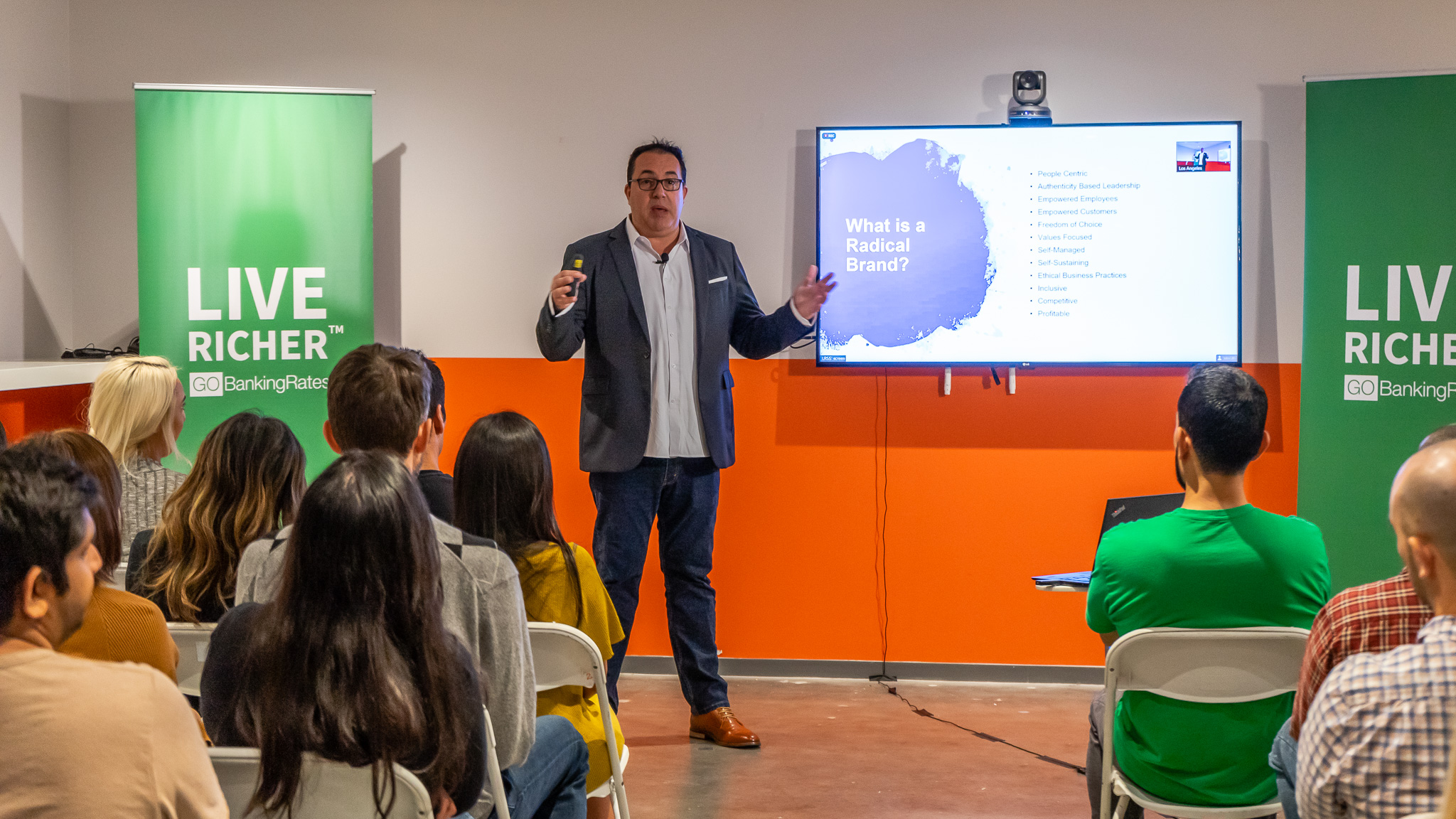
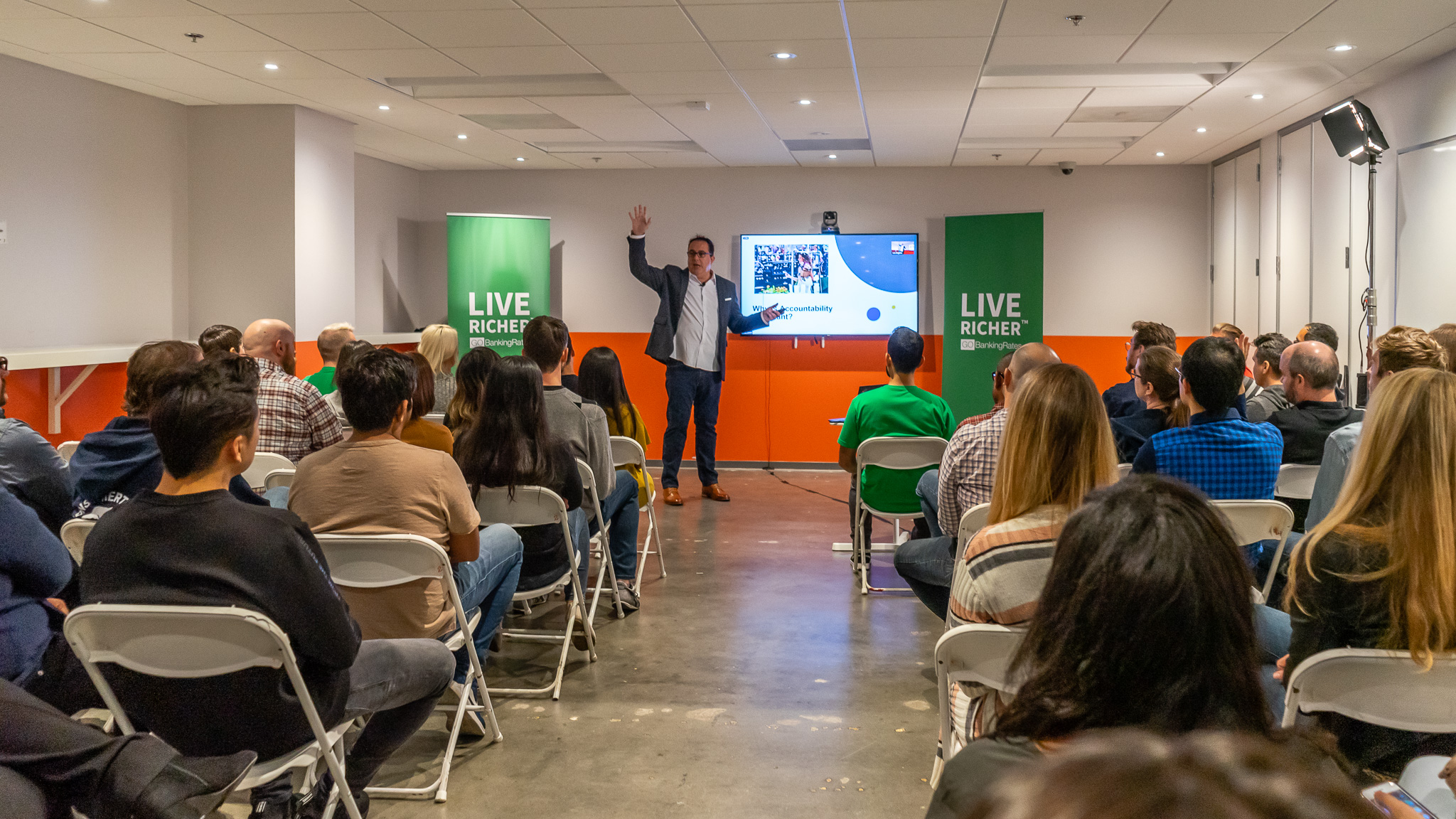
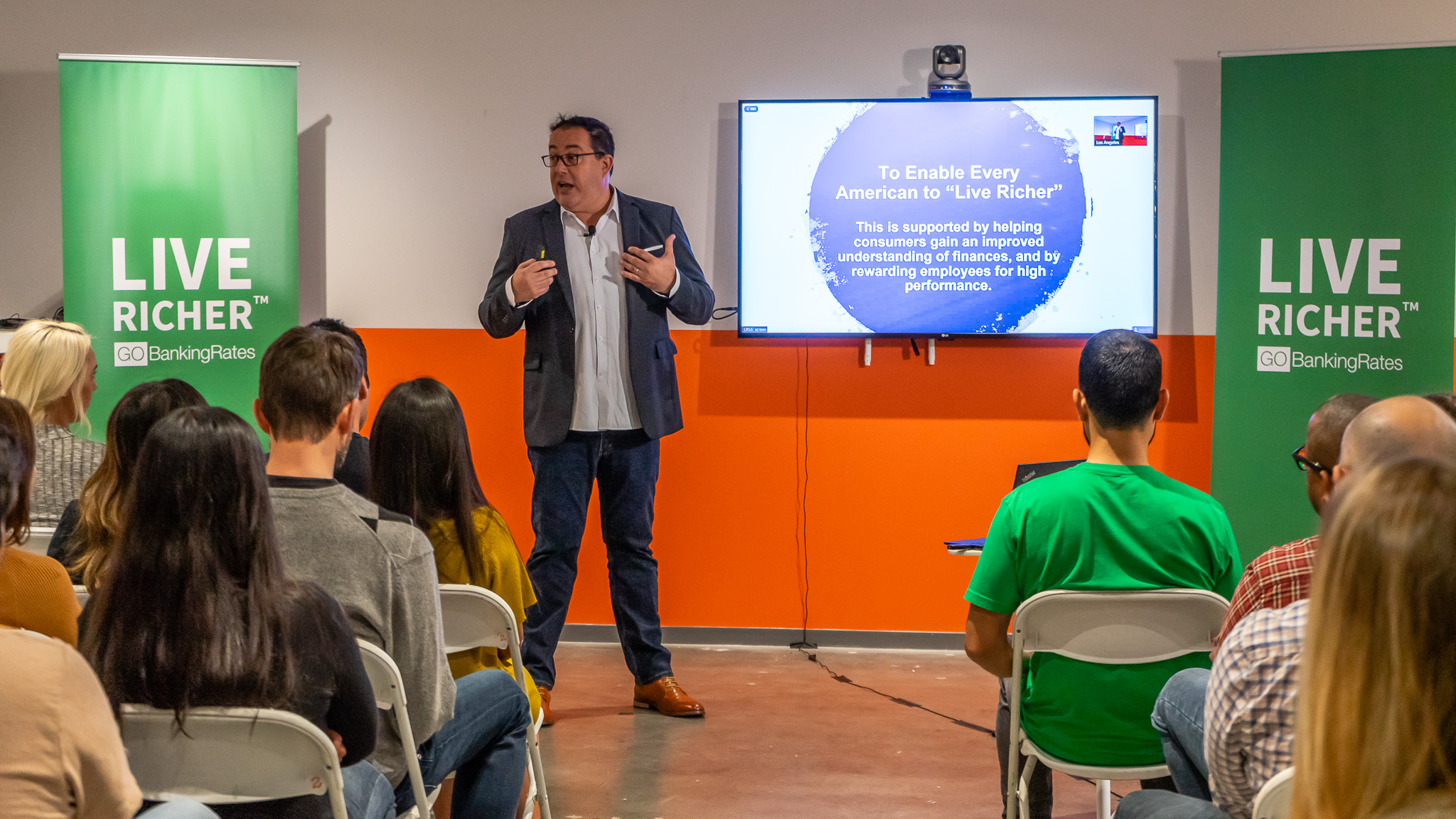
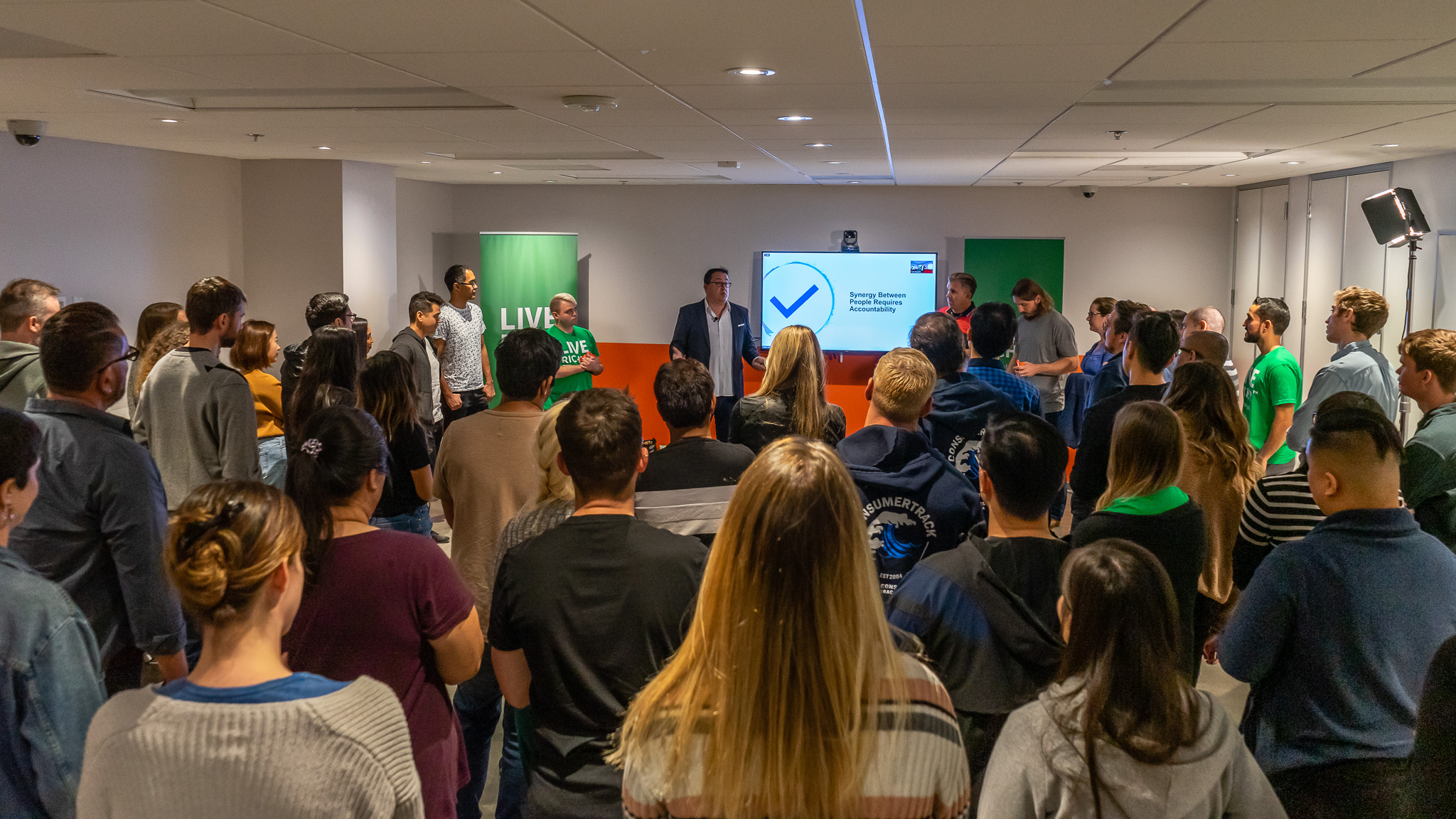
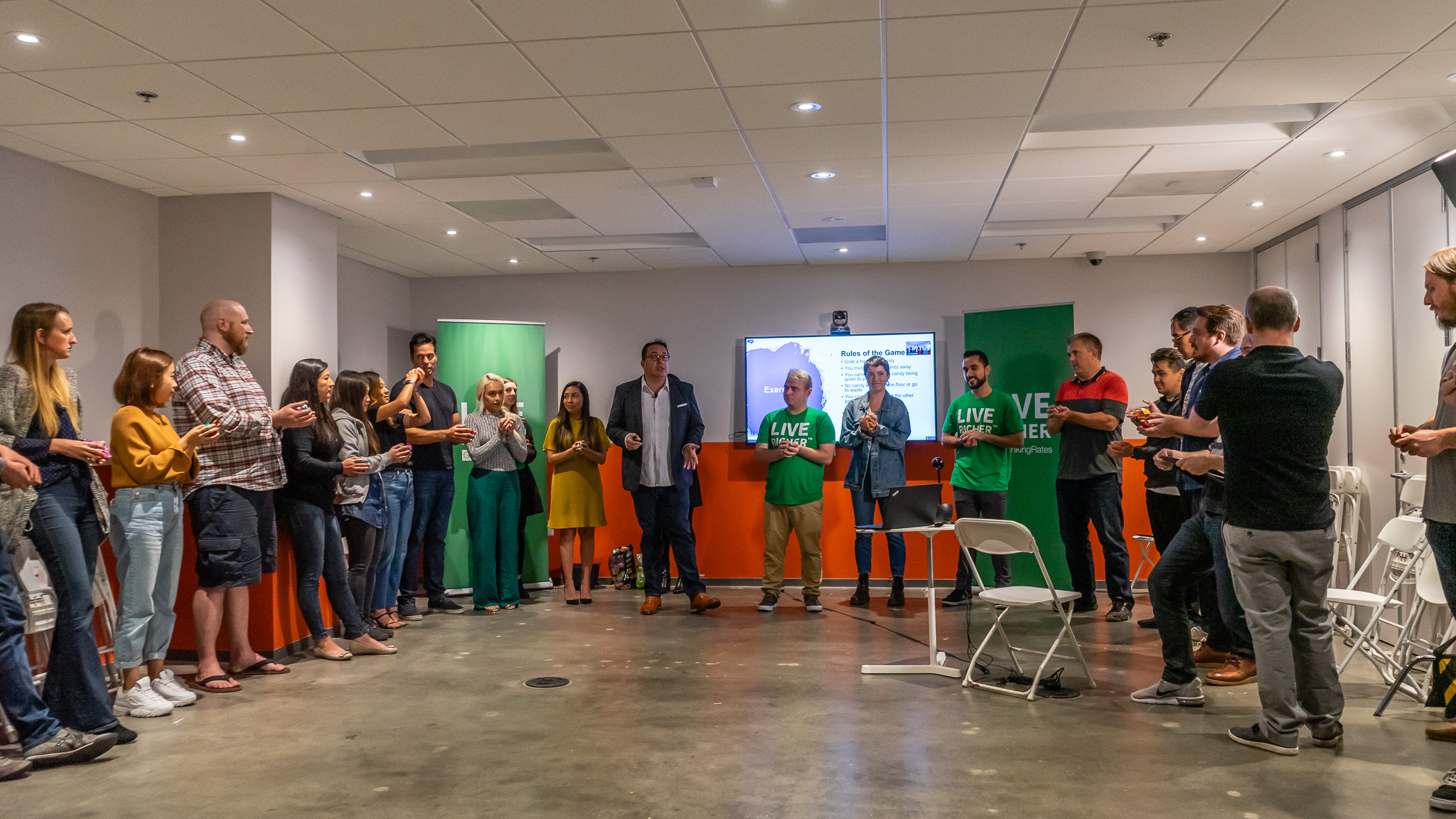


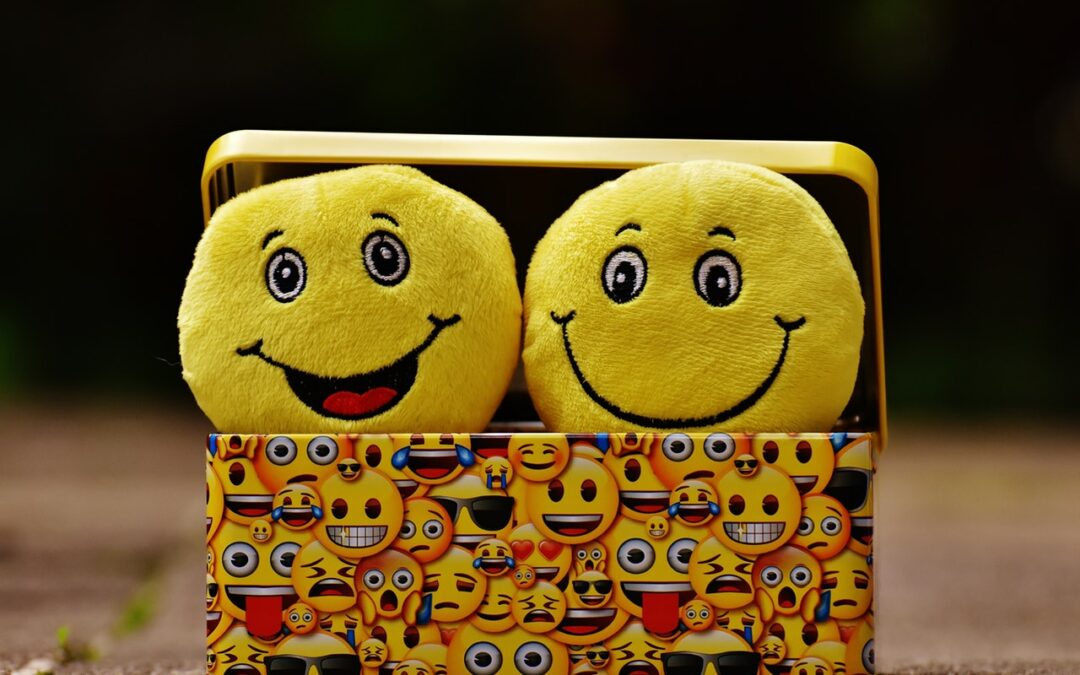
Recent Comments